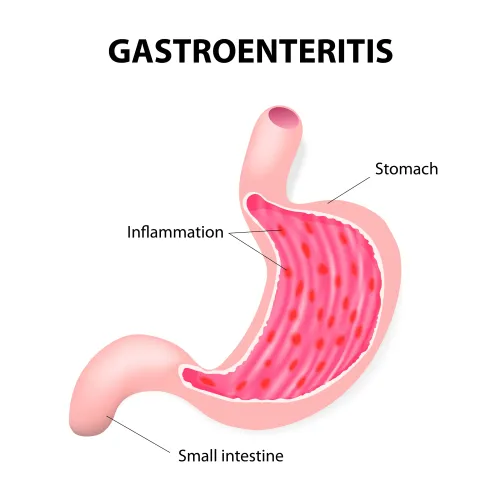Latest CPT® Edition Features New G-Tube Codes

Plus: You’ll find 46762 on the deleted list for this year. If you ever felt like your existing gastrostomy tube replacement code was not sufficient to describe the services you perform, CPT® has an answer, delivering two new codes for this service and deleting the one you’ve been using. This and several other changes are among the adjustments you’ll have to make starting Jan. 1, when the latest edition of CPT® takes effect. You have plenty of time to get to know the new, revised, and deleted codes before then, so check out the following highlights of what CPT® 2019 includes. G-Tube Changes Offer Additional Details If your gastroenterologist changes a patient’s gastrotomy tube percutaneously, you’re accustomed to reporting 43760 (Change of gastrostomy tube, percutaneous, without imaging or endoscopic guidance), but you’ll have to scratch that code from your list of options when the calendar turns to the new year, because CPT® has decided to delete it. Instead, CPT® is introducing two codes to replace it, which provide more detail. The new codes are as follows: Like the existing code, these new additions apply when the physician performs the G-tube replacement percutaneously without guidance or imaging, but there is one key difference between them. Code 43762 applies when the gastroenterologist doesn’t have to revise the gastrostomy tract during the replacement, and you’ll opt for 43763 when you do revise the gastrostomy tract. “The most routine procedures, probably over 95 percent of what gastroenterologists do, have no requirement to dilate or otherwise revise a gastrostomy,” says Glenn D. Littenberg, MD, MACP, FASGE, AGAF, a gastroenterologist and former CPT® Editorial Panel member in Pasadena, California. “If significant instrumentation needs to be done to open up a tightly stenosed tract (situations surgeons typically take care of), then the 43763 code applies,” Littenberg says. “The issue isn’t the place of service or specialty but the complexity of procedure; surgeons requested the new code for the infrequent circumstances where gastrostomy replacement isn’t fairly standard and straightforward.” CPT® will also delete code 46762 (Sphincteroplasty, anal, for incontinence, adult; implantation artificial sphincter). These procedures were infrequently performed by colorectal surgeons, but this service can be reported with the unlisted code for anus procedures if performed, Littenberg said. Prep for Major FNA Updates If your gastroenterologist ever performs fine needle aspiration (FNA), you’ll find big changes awaiting you in the latest edition of CPT®. These updates involve radiological guidance and include nine additions (10004-10012), one revision (10021), and a deletion of 10022 (Fine needle aspiration; with imaging guidance). The reason 10022 is being deleted is because the American Medical Association’s Relativity Assessment Workgroup identified it “as being reported together with [ultrasound code] 76942 more than 75 percent of the time, resulting in referral to the CPT® Editorial Panel for a bundling,” the American College of Radiology said on its website. Existing code 10021 has been revised, with the new descriptor reading “Fine needle aspiration biopsy, without imaging guidance; first lesion.” The bolded words are new for 2019 and reflect the fact that CPT® is creating additional add-on codes to reflect additional lesions that the physician addresses. The new codes reflect the type of guidance used, as well as add-on codes for additional lesions.




